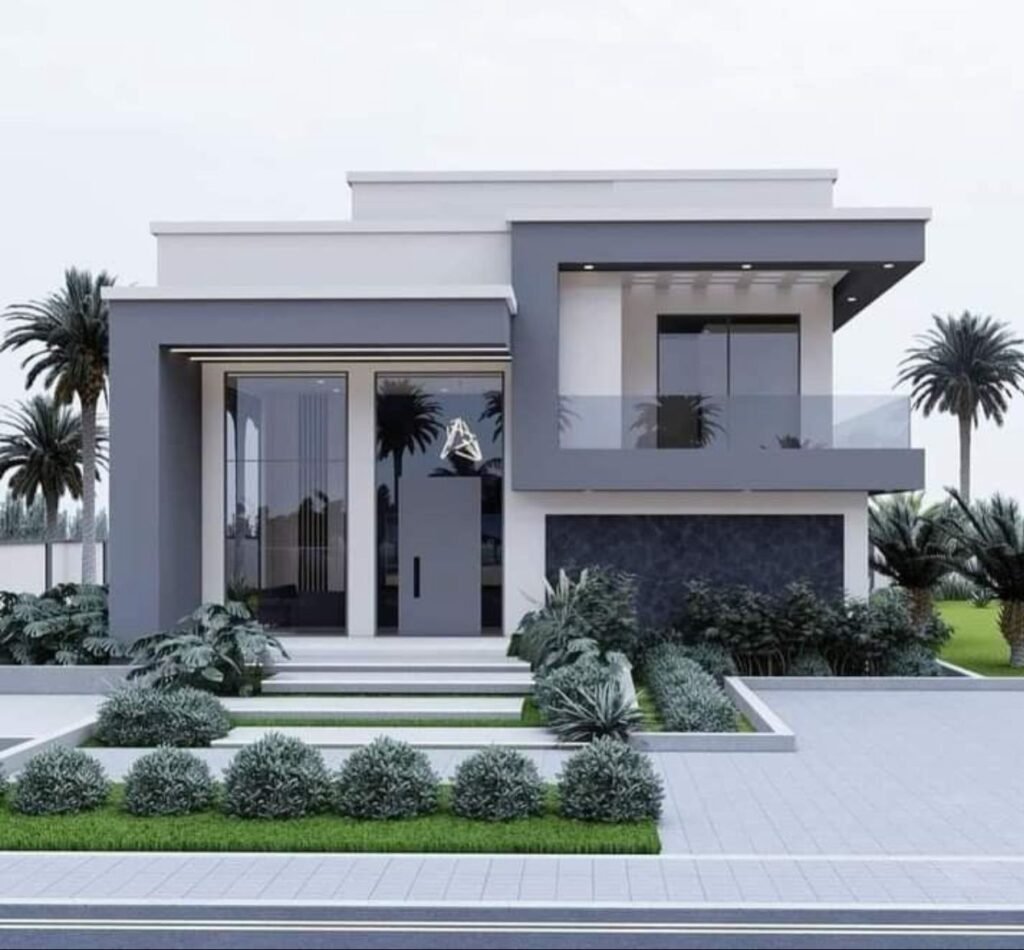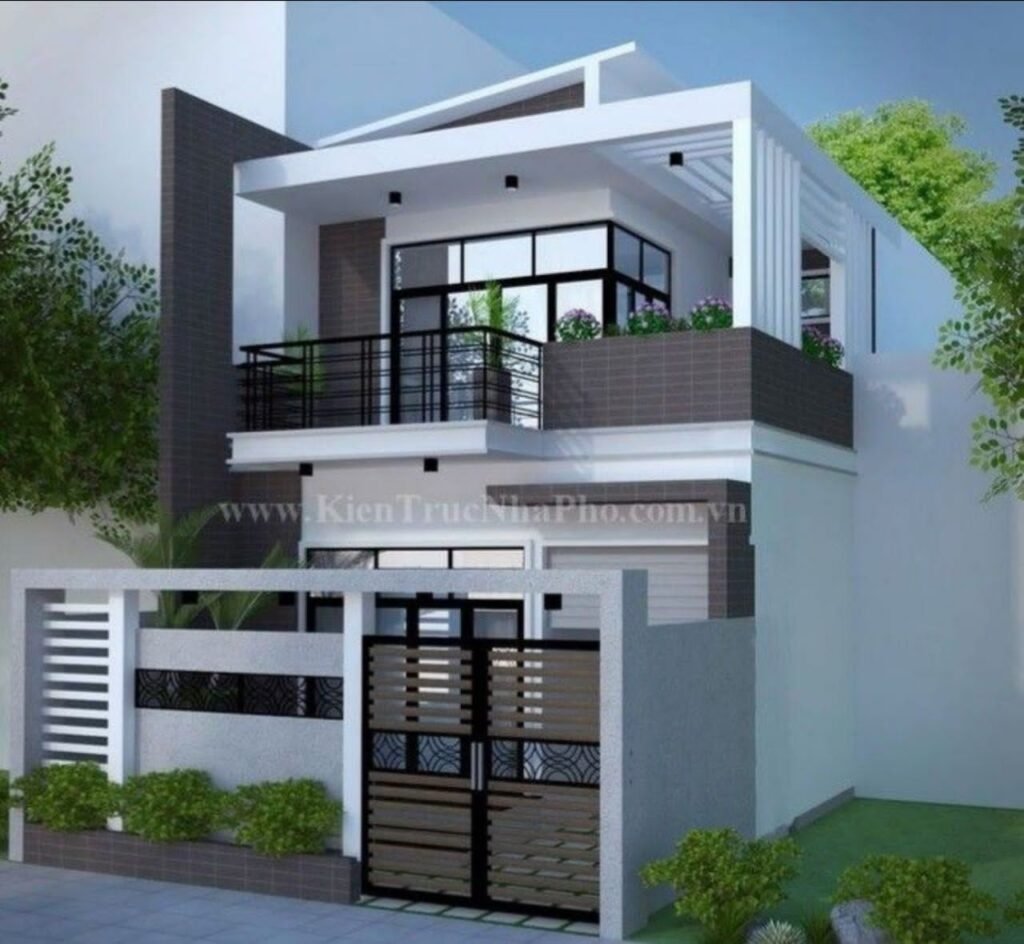Services Offered
Civil Engineering
Civil engineering is essential for the development and maintenance of society’s infrastructure, ensuring that it is safe, sustainable, and functional.
Structural Engineering: Focuses on the design and analysis of buildings, bridges, and other structures.
Geotechnical Engineering: Deals with the behavior of earth materials and how they interact with man-made structures.
Transportation Engineering: Involves the planning, design, and operation of transportation systems, such as highways, airports, and railways.
Environmental Engineering: Focuses on improving environmental quality through projects like waste management, water and air pollution control, and sustainable design.
Water Resources Engineering: Concerned with the management and distribution of water, including flood control, irrigation, and water supply.ng
Real Estate
Real estate plays a crucial role in the economy by providing places to live and work, generating employment, and serving as a significant investment vehicle.
Residential Real Estate: This includes properties intended for living, such as houses, apartments, townhouses, and condominiums.
Commercial Real Estate: These are properties used for business purposes, including office buildings, retail spaces, warehouses, and industrial properties.
Industrial Real Estate: This covers properties used for manufacturing, production, distribution, and storage, such as factories and logistics hubs.
Land: Refers to undeveloped property and vacant land. It can be used for agricultural purposes or developed for future use.
Real Estate Investment: Involves purchasing property to earn a return on investment through rental income, resale, or both.
Real Estate Development: The process of creating new buildings or converting existing ones for new uses, often involving significant construction and planning.
Road Construction
Road construction is a complex and critical process that ensures safe and efficient transportation.
Planning and Design: This initial phase includes surveying the land, designing the road layout, and planning the necessary infrastructure. Engineers consider factors like traffic flow, environmental impact, and local regulations.
Clearing and Excavation: The construction area is cleared of vegetation and debris. Excavation is done to prepare the ground and create a stable base for the road.
Subgrade Preparation: The subgrade, or the soil layer beneath the road, is compacted and stabilized to ensure it can support the weight of the road and traffic.
Base Layer Construction: A base layer, usually made of crushed stone or gravel, is laid down and compacted. This provides a solid foundation for the road.
Paving: Asphalt or concrete is applied over the base layer. Asphalt is more common for most roads, while concrete is used for specific applications due to its durability.
Compaction: The paving material is compacted using heavy machinery to ensure a smooth and even surface.
Drainage: Proper drainage systems are installed to prevent water from accumulating on the road, which can cause damage and reduce the road’s lifespan.
Plumbing & Electrical Works
Plumbing involves the installation and maintenance of systems that convey water, gas, and waste :
Supply & Drainage Systems: Pipes and fittings that bring fresh water to bathrooms, kitchens, and other areas and removes wastewater.
Fixtures and Appliances: Installation and repair of sinks, toilets, showers, water heaters, and other plumbing fixtures.
Electrical work involves the installation and maintenance of electrical systems that power buildings :
Wiring and Cables: Installing the electrical wiring and cables that distribute electricity throughout the building.
Electrical Panels and Circuit Breakers: Setting up panels and breakers that control and distribute electrical power.
Lighting Systems: Installing interior and exterior lighting, including fixtures, switches, and outlets.
Power Outlets and Switches: Ensuring proper placement and functionality of outlets and switches.
Appliances and Equipment: Connecting major appliances, heating and cooling systems, and other electrical equipment.
Maintenance
Typical focus on ensuring the ongoing functionality, safety, and appearance of buildings and infrastructure :
Routine & HVAC Maintenance: General Building Upkeep, regular cleaning and routine inspection and servicing of heating, ventilation and air condition systems.
Electrical & Plumbing Systems : Routine checks and maintenance of electrical systems, plumbing fixtures and drainage systems.
Preventive & Emergency Maintenance : Periodic inspections of building systems, regular checks for roof damage, leaks and maintaining building exteriors including sliding windows and doors plus rapid response to urgent issues.
Seasonal & Mechanical Maintenance : Heating & Cooling Systems for weather changes plus mechanical elevators, escalators and fire alarm systems.
Building & Compliance Maintenance : Upgrading or replacing outdated systems with modern efficient or modern technologies plus ensuring building systems comply with current regulations.
Interior & Exterior Maintenance: Painting and repairs, repairing drywall, flooring maintenance: cleaning, polishing and repairing various types of flooring.
The Best Luxury Real Estate
Work With Us
With a passion for precision and commitment to quality, our team of skilled professionals deliver top-notch construction solutions that exceeds our clients expectations and ensures satisfaction.




